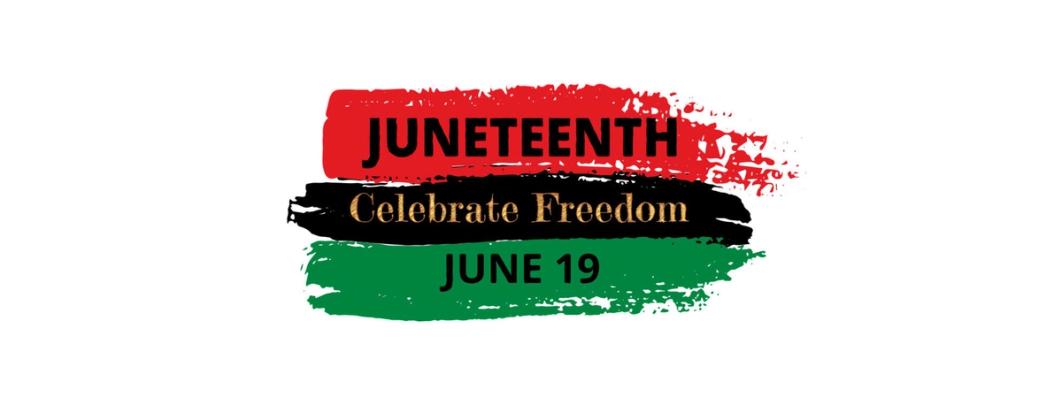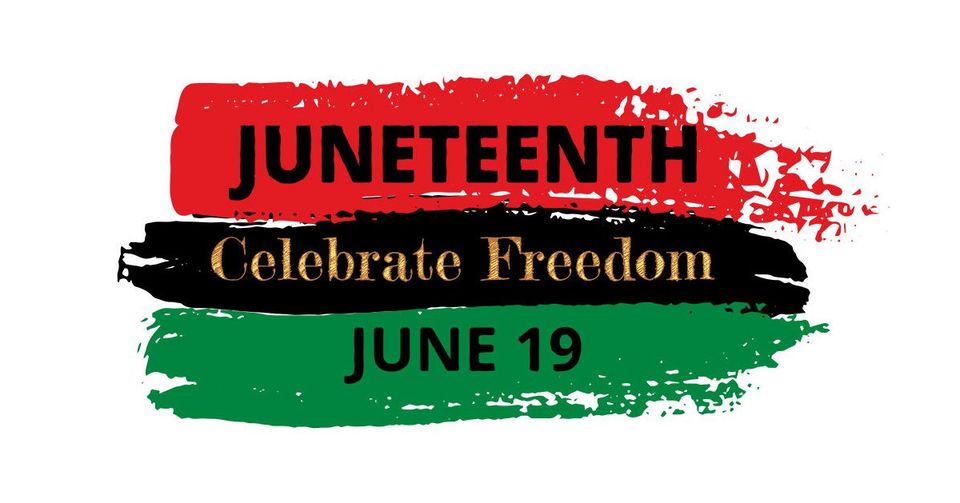What Is Juneteenth? Everything to Know About the Integral Day in Black History
“Remembering the lives lost in slavery. And those lost today by hate and bias.” -Ava DuVernay



(Editor's note: After this was posted, Juneteenth was announced as a federal holiday.)
While it is not yet a federal holiday, the U.S. Soccer Federation is joining 47 states and choosing to recognize Juneteenth as an important day in our country’s history that celebrates the emancipation of the last remaining enslaved African Americans in the Confederacy.
Last year the Federation recognized Juneteenth for the first time, and this year we have taken the next step in recognizing it as a company holiday. While June 19 falls on a Saturday, the Federation’s offices will be closed this Friday.
While it may seem like a small decision, this is another important commitment that demonstrates U.S. Soccer’s commitment to diversity, equity, inclusion and belonging (DEIB). That’s because rather than a traditional day off where our office is simply closed, we are using the day to provide our employees the opportunity to learn and build our muscles in allyship.
At its heart, Juneteenth is a day of celebration, but the holiday continues to resonate in new ways, especially in the wake of the widespread protests across the country during the last year and following a guilty verdict in the murder of George Floyd. Our aim in celebrating Juneteenth is to create awareness of the holiday, understand its history and drive education and discussion as we continue to strive for increased DEIB across the organization.
So, as we prepare to celebrate Juneteenth, below is a short overview of the holiday and what makes it such an important milestone in American history. Please take the time to click on some of the links below to more information and insight.
Juneteenth marks the anniversary of Union Major-General Gordon Granger’s reading of the Emancipation Proclamation to newly freed slaves in Galveston, Texas on June 19, 1865.
In his speech, called General Order No. 3, Granger said, “The people of Texas are informed that, in accordance with a proclamation from the Executive of the United States, all slaves are free. This involves an absolute equality of personal rights and rights of property between former masters and slaves, and the connection heretofore existing between them becomes that between employer and hired labor. The freedmen are advised to remain quietly at their present homes and work for wages. They are informed that they will not be allowed to collect at military posts and that they will not be supported in idleness either there or elsewhere.”
Juneteenth took place more than two years after President Abraham Lincoln issued the Emancipation Proclamation for Jan. 1, 1863. Not every state, territory and area followed Lincoln’s orders at the time to free slaves, and the 250,000 slaves living in Texas may not have had any idea that they were freed before Juneteenth. On this day, the Civil War was truly over and African-Americans rejoiced, later christening the date Juneteenth.
Juneteenth has been an important day for other moments in Black history as well. In 1963, President John F. Kennedy first submitted legislation that would eventually become the Civil Rights Act of 1964. Just a few miles away at Arlington National Cemetery, slain civil rights leader Medgar Evers, a U.S. Army veteran, was buried with full military honors.
12 Things You Might Not Know About Juneteenth by Stacy Conradt
National Observance of Juneteenth is Still a Struggle by Jacqueline J. Holness via Urban Faith
The Quintessential Americanness of Juneteenth by Vann R. Newkirk II via The Atlantic
Hot Links and Red Drinks: The Rich Food Tradition of Juneteenth by Nicole Taylor
Juneteenth: A Celebration of Resilience and Freedom via Chicago Public Library with suggestions of books for children
An Antiracist Reading List from the New York Times
For general information, check out Juneteenth.com.